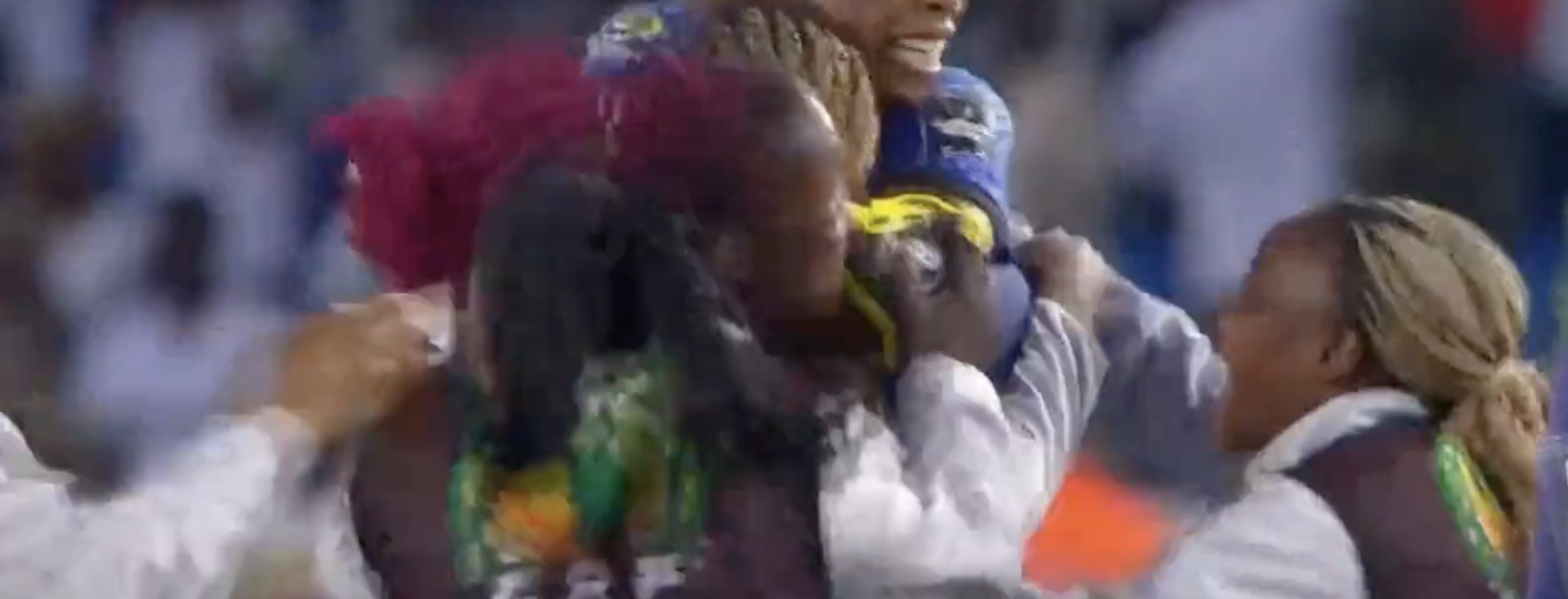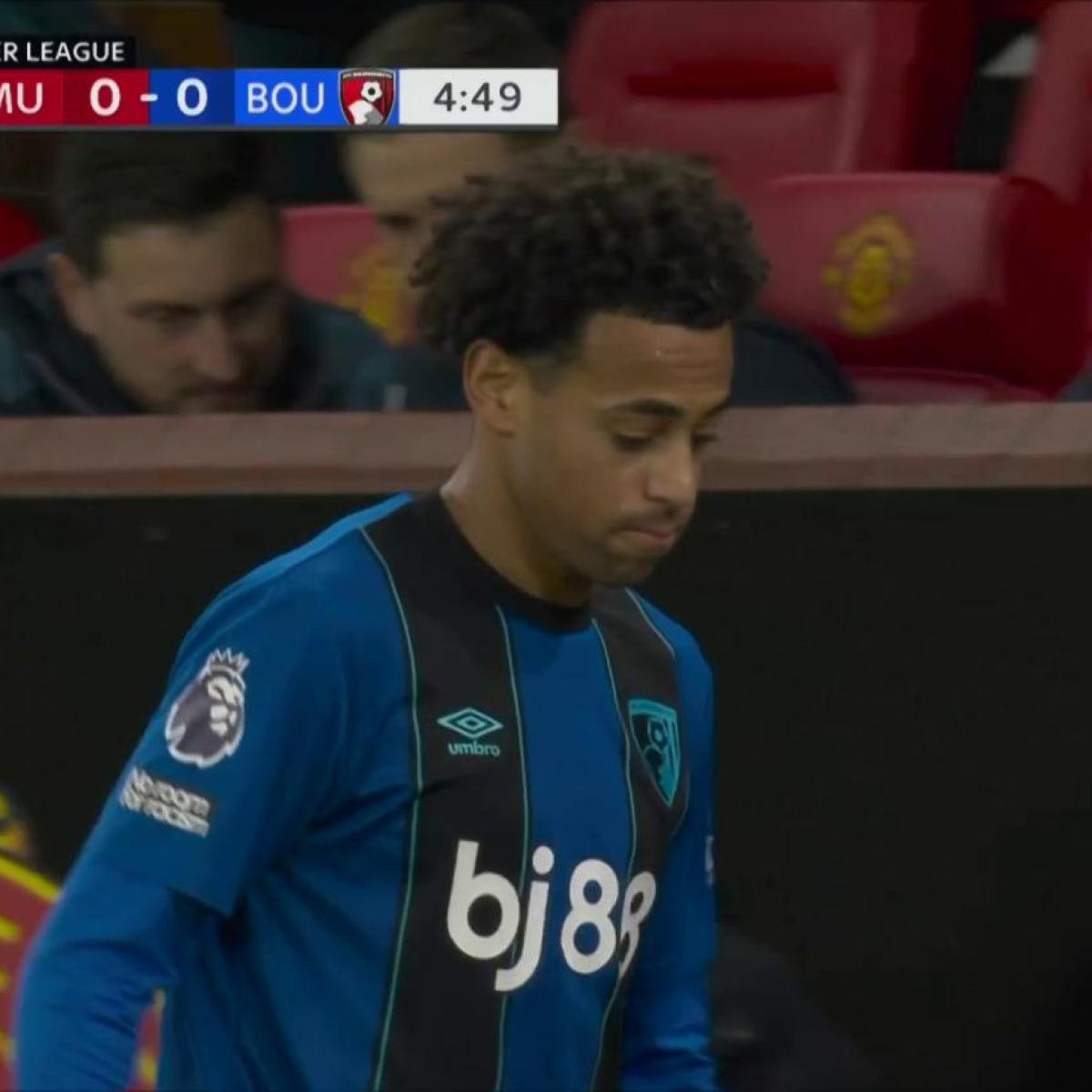Zambia qualified for its first World Cup — all without its star player, unavailable over questions about her gender.
The Copper Queens edged Senegal 4-2 in a shootout after a 1-1 draw in the Women’s Africa Cup of Nations on Wednesday in Morocco, securing the first Women’s World Cup berth from Africa and the first senior World Cup berth for Zambia, men or women.
Zambia converted four of five spot kicks — the final by goalkeeper Hazel Nali — while Senegal missed two of its four attempts in the WACON quarterfinals. The four semifinalists qualify for the 2023 Women’s World Cup while two quarterfinalists advance to the intercontinental playoffs. Later Wednesday, host Morocco beat Botswana 2-1 to qualify for the World Cup.
ZAMBIA QUALIFY FOR THEIR FIRST EVER WORLD CUP AFTER PENALTY KICKS AGAINST SENEGAL
(️ via @ESbeINSPORTS)pic.twitter.com/dNferxfCK1
— Attacking Third (@AttackingThird) July 13, 2022
History made!
The Copper Queens are heading to their FIRST EVER #FIFAWWC! @Copper_Queens | #BeyondGreatness pic.twitter.com/h4zwEGKTNX
— FIFA Women's World Cup (@FIFAWWC) July 13, 2022
Senegal, ranked 89th in the world and 11th in Africa, took the lead in the 61st minute through Nguenar Ndiaye. Zambia, No. 103 in the world, equalized nine minutes later after a goalkeeping mistake helped Avell Chitundu head home.
¡EMPATA ZAMBIA!
Las Copper Queens aprovechan un TERRIBLE error de la arquera senegalesa para hacer el 1️⃣-1️⃣
Disfruta el #TeamZambia vs. #TeamSenegal de los cuartos de la #WAFCON2022 en vivo por beIN SPORTS XTRA.
: https://t.co/YrSRNxLqSI#TotalEnergiesWAFCON2022 pic.twitter.com/Tu3yxeFebu
— beIN SPORTS Español (@ESbeINSPORTS) July 13, 2022
The Copper Queens were darlings at the 2020 Olympics, in particular young superstar Barbra Banda, now 22. Banda scored back-to-back hat tricks in Zambia’s first two major international competitions. The African nation lost to the Netherlands 10-3 in its opener in Japan but rebounded to draw China 4-4 and only lost 1-0 to Brazil for a respectable showing.
Hopes were high ahead of WACON 2022, which serves as World Cup qualifying, but Banda was not submitted as a player on Zambia’s roster for the tournament, held this month in Morocco.
Why Isn’t Barbra Banda Playing For Zambia?
Barbra Banda, who plays for Shanghai Shengli in China but has been rumored to be moving to Europe, was ruled out of WACON for failing the Confederation of African Football’s strict gender eligibility testing. Banda was one of four players who failed CAF’s testing. Yes, Banda was able to play in a FIFA-sanctioned Olympic competition — the Olympics historically have some of the most stringent gender eligibility rules — but not CAF’s flagship tournament.
World Cup
I can't be more proud of what this team has achieved, you did, we did it.
We go to the World Cup, The dream is now a reality.
I am with you all the way #BB11 #WeareCopperQueens #TotalEnergiesWAFCON2022 pic.twitter.com/Iq8YfCcrE6
— Barbra Banda (@BarbraBanda11) July 13, 2022
The Equalizer’s Esther Owusua Appiah-Fei wrote an excellent explanation of the situation available here. I recommend reading that article, both for its comprehensive reporting and to support a great women’s soccer website.
In short, Banda’s testosterone was ruled to be too high for CAF regulations. This is despite the fact a study has shown testosterone only really influences 400-meter, 800m and one-mile events. Zambia’s FA, understandably, was upset with these rulings.
This is hardly the first time Black athletes have been placed under the gender microscope, particularly in Africa. In 2010, top Equatorial Guinea player Genoveva Anonman was forced to strip naked in front of CAF officials to prove her gender. South African runner Caster Semenya faced countless struggles in her fight just to be allowed to compete.
“For people of color, we are normally seen as a threat because we build a large muscle mass,” Ghanaian international Jennifer Cudjoe told the Equalizer. “I wouldn’t describe myself as masculine; I would describe myself as a feminine muscular woman and I think the world should start seeing muscular women in that regard.”
The BBC’s Osasu Obayiuwana reported FIFA might intervene with CAF to resolve Banda’s eligibility before the end of WACON, but so far nothing has been announced.
Whether or not Banda is allowed to play at the 2023 Women’s World Cup, the Copper Queens accomplished history on Wednesday, something no hormone test can take away from Zambia.




